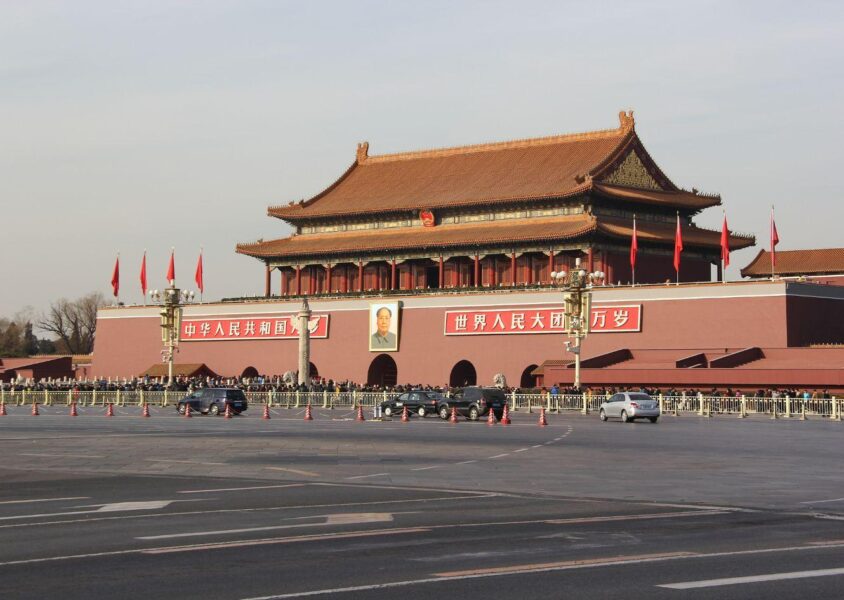The Chinese Government Is An Enigma

The government of the People’s Republic of China is a single-party socialist state led by the Chinese Communist Party (CCP). The CCP is the ruling party of China and holds a monopoly on political power in the country. They have organized the government according to the principles of socialism with Chinese characteristics, which combines elements of socialism and capitalism.
The Structure of The Government
The National People’s Congress, NPC, is the highest organ of state power in China and is responsible for enacting and amending laws, approving government policies, and electing key officials. The NPC is a unicameral legislature comprising of more than 3,000 members and meets annually in Beijing.
The State Council is the highest executive organ of the state.It is responsible for implementing policies and carrying out government functions. The State Council is headed by the Premier of the Council, who the NPC appoints.
The Supreme People’s Court is the land’s highest court. It is responsible for interpreting and applying the laws of China. The Chief Justice, who the NPC appoints, heads the Supreme People’s Court..
The Central Military Commission is responsible for the administration and command of China’s armed forces. The Chairman, the President of China, heads it.
A strong centralized authority and a top-down decision-making process characterize the Chinese government. It is also a single-party state, meaning that the CCP has a monopoly on political power. They do not allow any other political parties to participate in the political process.
Democracy, on the other hand, is a form of government in which the people hold the ultimate political power. They elect their representatives through free and fair elections. There are many different types of democratic systems. They can vary in terms of the extent of political freedom and representation, the checks and balances on government power, and the role of the rule of law.
Is Chinese Form of Government Better
The Chinese form of government and democracy have advantages and disadvantages. What you consider better depends on various factors, such as society’s values, priorities, and needs. For example, some may argue that democracy is better because it allows for more political freedom, representation, and accountability. In contrast, others may argue that the Chinese form of government is better because it is more efficient and can effectively implement policies and address social problems.
The world views the Chinese government as heavy-handed or authoritarian in its governance approach. That is particularly regarding the suppression of dissent or opposition, censorship, and the restriction of certain civil liberties. In addition, some human rights groups and foreign governments have criticized the Chinese government for its treatment of political prisoners, religious minorities, and other vulnerable groups. The world has always questioned the lack of transparency and accountability in the Chinese government.
Freedom of Press
In the People’s Republic of China, the government has a significant level of control over the media. It censors or suppresses content that it considers a threat to national security, social stability, or the interests of the ruling Chinese Communist Party (CCP). The Chinese government has several laws and regulations that restrict the freedom of the press. It has been criticized by some human rights groups and foreign governments for its censorship and suppression of information.
The Chinese government has several tools to control the media. These tools include licensing and regulatory requirements, using state-owned media outlets, internet censorship, and other technological measures. Some foreign media outlets are also restricted or banned in China. Journalists operating in China have faced challenges in reporting on sensitive issues or accessing certain sources of information.
The freedom of the press in China is more limited than in many other countries. It needs to be on par with international standards for freedom of the media. However, the media landscape in China is complex and diverse. Some independent media outlets and journalists can report on a range of issues. But, they may face challenges and risks in doing so.
However, despite all the negatives, the Chinese government has also achieved significant economic and social progress in recent decades. It has implemented several policies that have benefited the Chinese, such as improving access to education, health care, and other public services. The Chinese government is mandated to maintain social stability and promote economic development, and it may view some of its policies as necessary to achieve these goals.